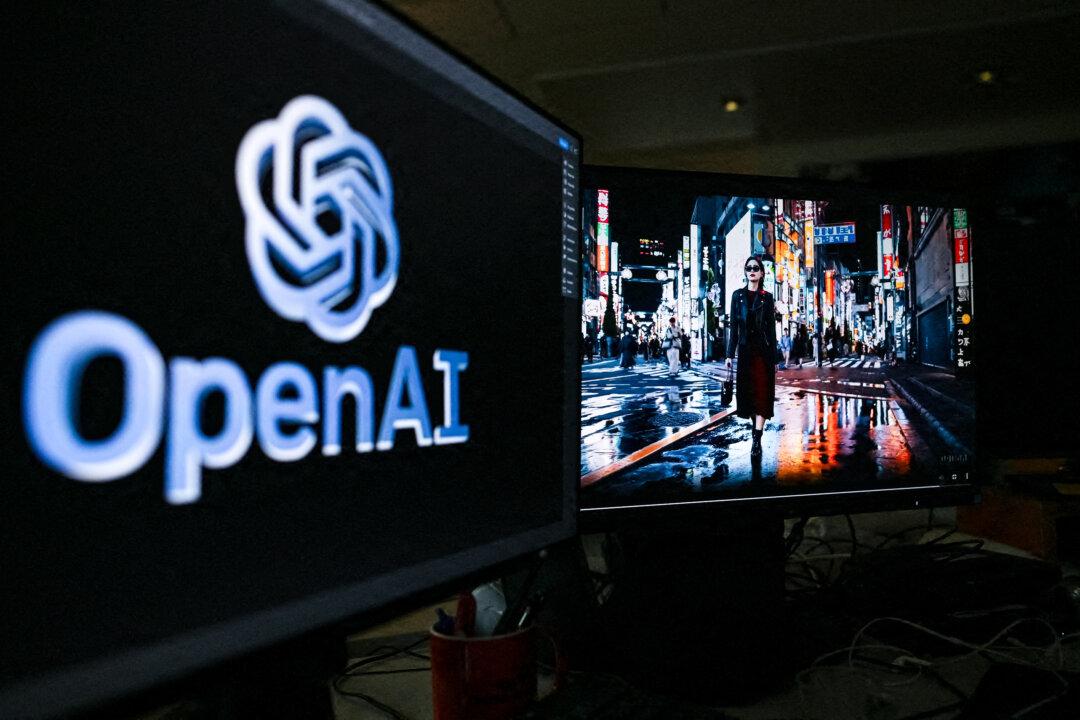Elon Musk filed a lawsuit against Microsoft-backed OpenAI to prevent the nonprofit entity from transitioning to a for-profit enterprise, claiming that this would contradict his agreement with the company.
OpenAI was co-founded by Musk, along with current CEO Sam Altman and President Greg Brockman. In 2015, Altman approached Musk with plans to form an artificial intelligence (AI) charity, making “express, repeated promises that OpenAI would be and remain a nonprofit dedicated to the development and broad distribution of open and safe AI for the public benefit, not concentrated for shareholder profit,” said the Nov. 29 lawsuit filed at the U.S. District Court for the Northern District of California.





